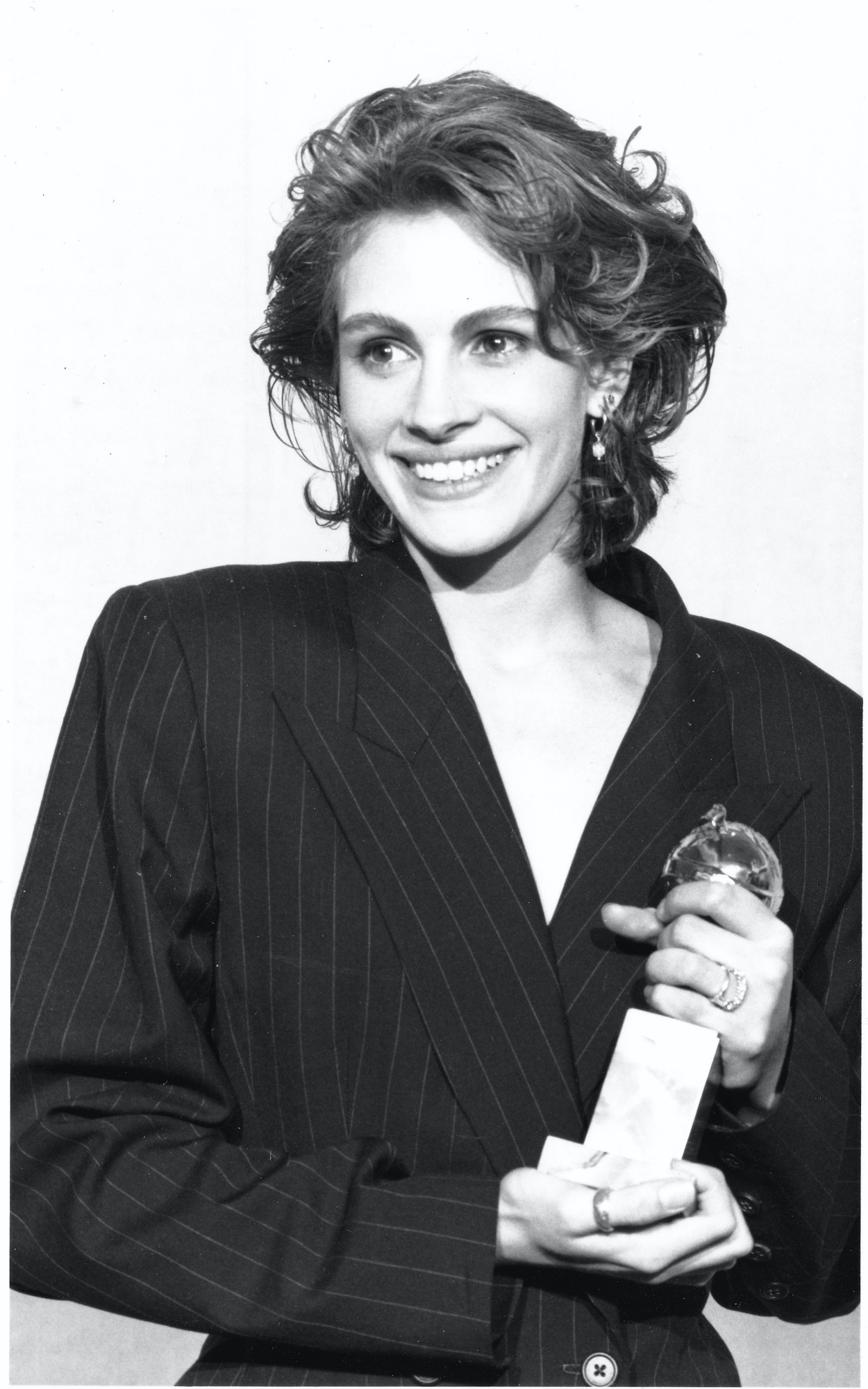
- Golden Globe Awards
1991: A Fairy Tale Like No Other

Disney always knew a good fairy tale when they saw one. Since 1937’s Snow White and the Seven Dwarfs, the company has brought to cinematic life such worldwide literary fables as The Little Mermaid, Beauty and the Beast, Cinderella, and Sleeping Beauty. In most cases, these plots centered on fair maidens, dutiful daughters, and audacious young women who sought exploration and independence and were eventually rewarded with the love of a good man. Little did Disney realize where the source material for one of their biggest fairy tales would soon come from.
In the late 1980s, Disney optioned a script called 3000. Wanting to secure director Garry Marshall for his next film after the successful Beaches, the studio believed he would gravitate to the darker material, initially envisioning the casting of Al Pacino and Michelle Pfeiffer. While the screenplay went through various incarnations, with the primary dilemma being how to end the story, Marshall began to have his own ideas on re-fashioning the script.
As he told Vanity Fair in 2015, “My vision was a combination of fairy tales,” he divulged. “Julia (Roberts) was Rapunzel. Richard (Gere) was Prince Charming, and Héctor Elizondo was the fairy godmother. It didn’t seem like a vision everybody else had. But it was mine.”
That vision would morph into Pretty Woman, a live-action fable that starred Roberts, not as a damsel in distress but as a charismatic, headstrong prostitute. Vivian didn’t face off against evil stepmothers, wicked witches, or jealous relatives, but rather dismissive store clerks and conniving third parties.
While fairy tales have traditionally served as tales of morality and life lessons, debate has raged that such narratives were constructed to repress female empowerment. Why did the heroine always need a man to give her the perfect ending? And in this case, did Vivian’s occupation play into the trope that her profession leads to the suppression of women?
“I don’t think you have to analyze it that much,” stated Roberts during a press conference with the Hollywood Foreign Press Association after her film’s release. “She could have been anything, but the fact she was a prostitute just gave this particular way for the two of them to meet. She could have worked at a department store and he could have come in to buy towels and that’s how they met. It was simply a choice. I don’t think there’s a dark, negative feminist philosophy to it.”
A box office smash, earning over $430 million, Pretty Woman would go on to net Roberts her second Golden Globe, this one for Best Actress – Musical or Comedy, coming on the heels of her Best Supporting Actress win for Steel Magnolias the previous year.
“It’s entertaining,” continued Roberts. “You sit there for two hours and you have a good time watching these two people fall in and out of love and in the end, he gives her flowers and he kisses the girl.”